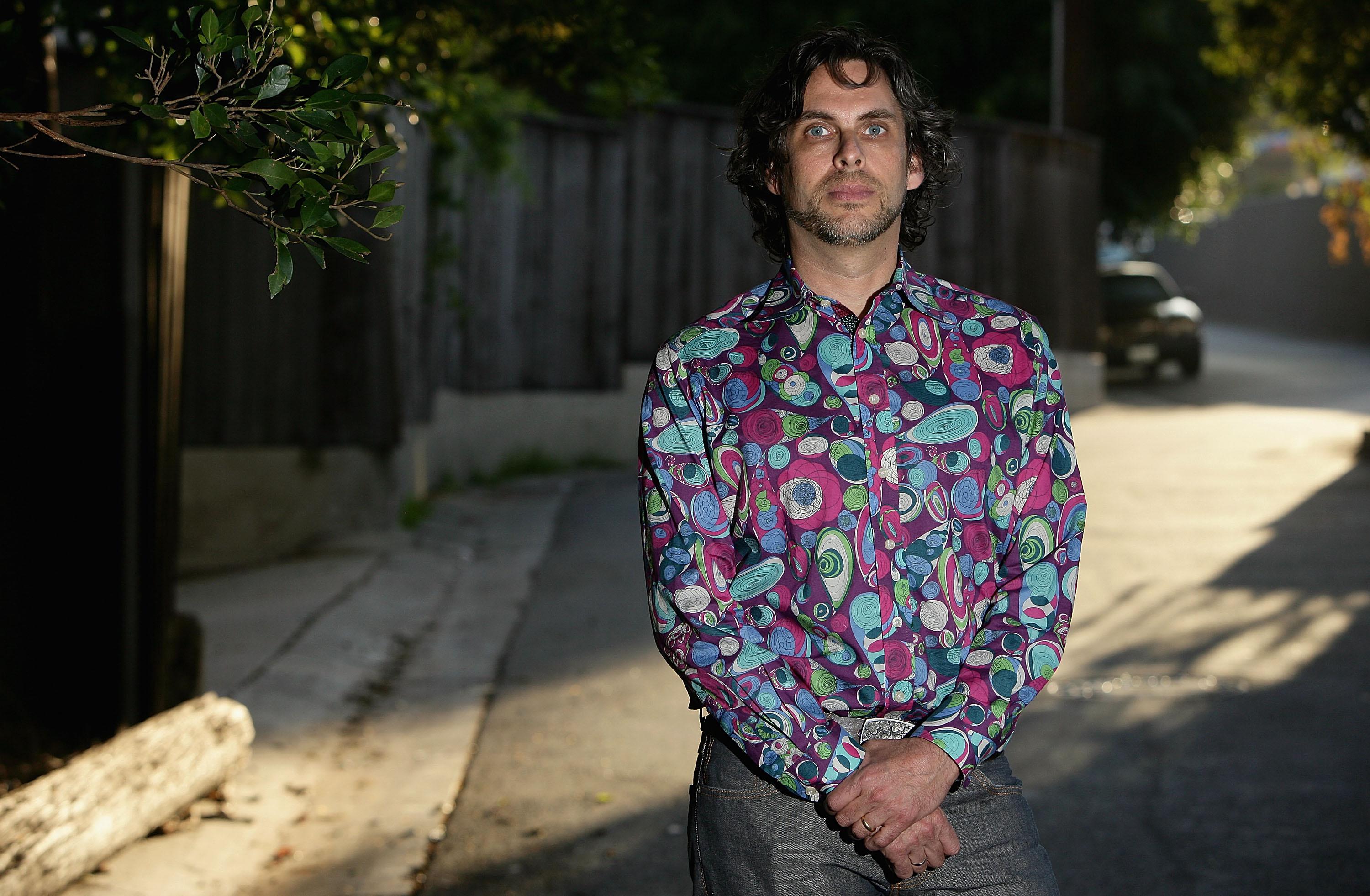Genius, the lyrics annotation site formerly known as Rap Genius, has been adding high-profile new users at a pretty impressive rate lately. Last month, the New Yorker’s pop music critic, Sasha Frere-Jones, left the magazine to become the site’s new executive editor, and last week Rick Rubin, the bewhiskered co-founder of Def Jam and producer of records for everyone from the Beastie Boys and Johnny Cash to Kanye West, took to the site to provide background on some of his most classic collaborations.
Now Pulitzer Prize winning author Michael Chabon, who joined the site about a month ago to annotate some of the lyrics he wrote for Mark Ronson’s new album Uptown Special, has taken to commenting on other artists’ work as well. Under the name Vanzorn—Chabon has long used the fictionalized persona August Van Zorn for some of his pulpier writing—the Amazing Adventures of Kavalier & Clay author has added this note to the last lines of Kendrick Lamar’s new single “The Blacker the Berry”:
In this final couplet, Kendrick Lamar employs a rhetorical move akin to—and in its way even more devastating than—Common’s move in the last line of “I Used to Love H.E.R.”: snapping an entire lyric into place with a surprise revelation of something hitherto left unspoken. In “H.E.R.”, Common reveals the identity of the song’s “her”—hip hop itself—forcing the listener to re-evaluate the entire meaning and intent of the song. Here, Kendrick Lamar reveals the nature of the enigmatic hypocrisy that the speaker has previously confessed to three times in the song without elaborating: that he grieved over the murder of Trayvon Martin when he himself has been responsible for the death of a young black man. Common’s “her” is not a woman but hip hop itself; Lamar’s “I” is not (or not only) Kendrick Lamar but his community as a whole. This revelation forces the listener to a deeper and broader understanding of the song’s “you”, and to consider the possibility that “hypocrisy” is, in certain situations, a much more complicated moral position than is generally allowed, and perhaps an inevitable one.
Chabon’s gloss on the rhyme won’t necessarily be a revelation to everyone, but it’s safe to say that it earned its spot there via more than just the author’s star power. Now if only Chabon would go head to head-to-head in an annotations-off with Frere-Jones and Rick Rubin.
Previously
Rick Rubin Is Annotating Dozens of Songs on Genius, and His Notes Are Great
Every (Real) Record From Telegraph Avenue
Michael Chabon Tells Us About His Love of Prog
